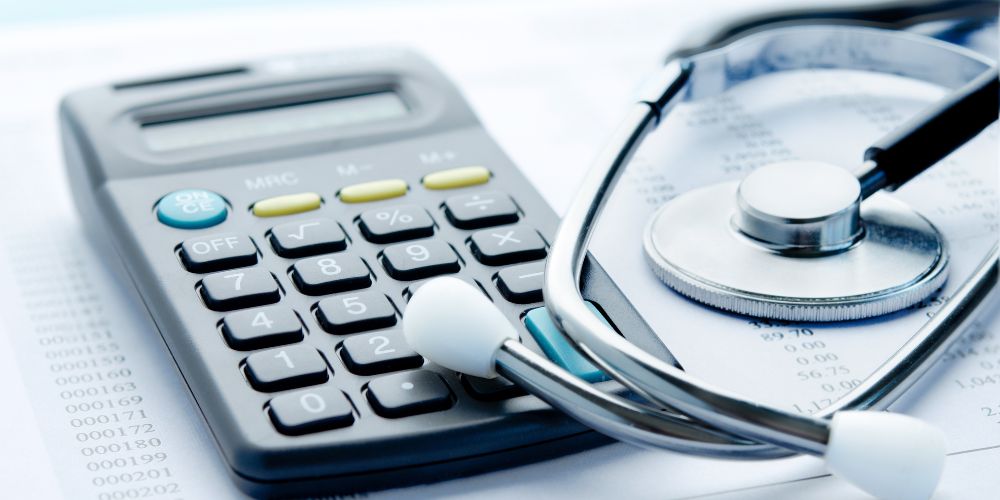The Health and Safety Executive (HSE) have written extensively about the risk of high levels of noise in the workplace and the effects this can have on someone, both within their work and personal life.
The Noise at Work Regulations 1989 were replaced by The Control of Noise at Work Regulations 2005. https://www.hse.gov.uk/noise/regulations.htm
We are subjected to varying levels of noise every day. This can be a sudden noise, like a lorry passing by or an explosion, but we are also subject to noise when we talk to people, thankfully the average level of speech is 60DBs (decibels).
A sudden increase in noise, can often cause a disruption with someone’s hearing, but this tends to be temporary, if no inner ear damage has occurred, for instance a perforation of the ear drum.
Noise induced hearing loss, can happen if an individual is subjected to high levels of noise, over a continual period and hearing protection has either not been worn, or not worn correctly.
Companies are legally bound to monitor and highlight areas of a Business, that have a high level of noise. Employees are legally required to wear suitable hearing protection, dependant on the type and level of noise, which will be supplied by the Business. Regular monitoring with Audiometry (Acoustic Hearing) Tests, should be performed annually and offered to anyone working within an area, where hearing protection is required.
Hearing damage can have a profound effect on your quality of life. It can affect your quality of speech, especially in areas, where there is background noise. It can cause friction within the home, due to the need for the television to be turned up loud, you are not able to have a normal telephone conversation and can cause risks to individuals, who work within a dangerous working environment, as they are not able to hear potential dangers around them.
Noise is part of everyday life, whether you are young or old. Once your hearing has been permanently damaged, it will not return.
For further information: www.nhs.uk/conditions/hearing-loss



